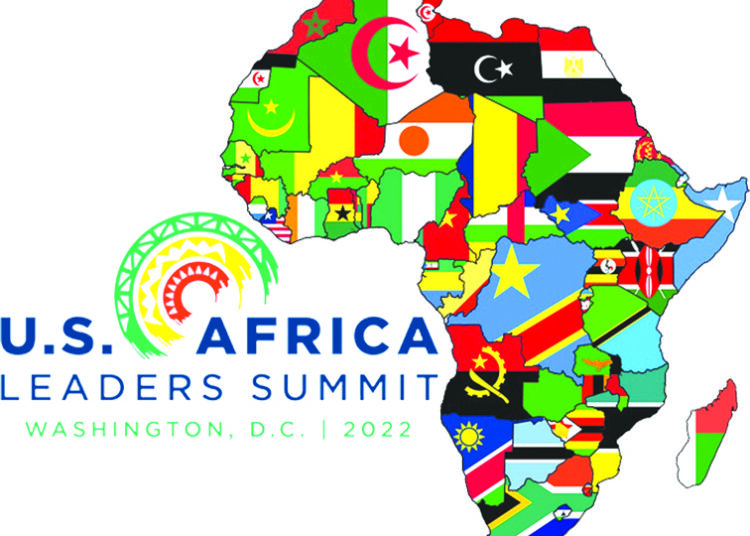The US-Africa Leaders Summit kicked off in Washington on Tuesday, bringing together heads of state, government officials, business leaders, and civil society to strengthen ties between the US and Africa.
The summit which would last until December 15 hosts nearly 50 African heads of state or government who have descended on Washington in the midst of a pre-Christmas cold snap for three days of courtship by US President Joe Biden after years of inroads in the continent by China and Russia.
Previewing the summit, Biden’s national security advisor Jake Sullivan said the administration would seek $55 billion for Africa over the next three years “across a wide range of sectors to tackle the core challenges of our time.”
He said the blueprint would be the African Union’s own Agenda 2063, its plan for sustainable development.
“We are lifting up African voices and African priorities in what we are doing in this summit,” Sullivan told reporters.
The Biden Administration, which has identified China as its top global competitor, hopes to show a subtle contrast from Beijing during the summit rather than hammering home criticism.
“This is going to be about what we can offer. It’s going to be a positive proposition about the United States, its partnership with Africa,” Sullivan said.
“We are bringing the resources to the table in significant numbers,” he added.
Welcoming African entrepreneurs for a reception Monday evening, Secretary of State Antony Blinken said the United States was guided by the principle of partnership.
“We can’t solve any of the really big challenges we face if we don’t work together. So it’s about what we can do with African nations and people, not for them,” Blinken said.
Biden during the summit will outline US support for the African Union to gain a formal berth in the Group of 20 club of major economies, months after he threw support behind a permanent African seat on the UN Security Council. Unlike China, which holds summits every three years with Africa, the United States plans to promote democratic values.
Sullivan said Biden will meet with African leaders facing election in 2023. “We would like to do everything we can to support those elections being free, fair and credible,” Sullivan said.
Successive US presidents have pursued signature initiatives for Africa, with George W. Bush launching a major push to fight HIV/AIDS that he considers among his top legacies and Barack Obama spearheading a drive to bring electricity, which US officials say has brought power for the first time to 165 million people.
Obama’s successor Donald Trump, by contrast, made no secret of his lack of interest in Africa, and Biden’s summit with the region’s leaders will be the first by a US president since Obama’s landmark first edition in 2014.
In the eight ensuing years, China’s investment in Africa has consistently outpaced that of the United States, with countries brushing aside US warnings that Beijing’s billions in infrastructure spending could put them in long-term arrears.
Ahead of the summit, China’s ambassador to Washington Qin Gang said that his country was “sincere” in Africa” and that its investment “is not a trap.”
“We believe that Africa should be a place for international co-operation, not for major powers’ competition for geopolitical gains,” he told an event of the news site Semafor.






Discussion about this post